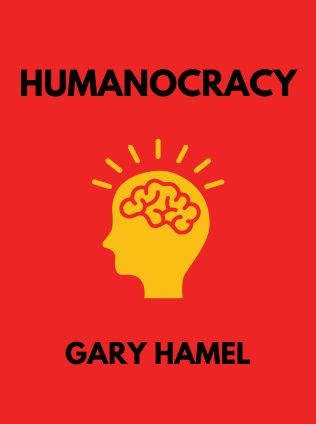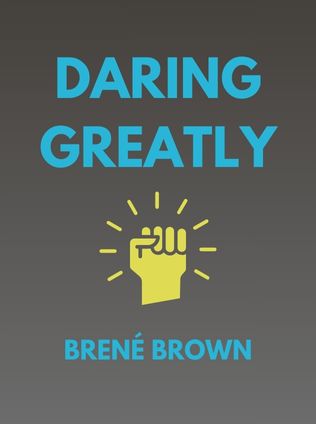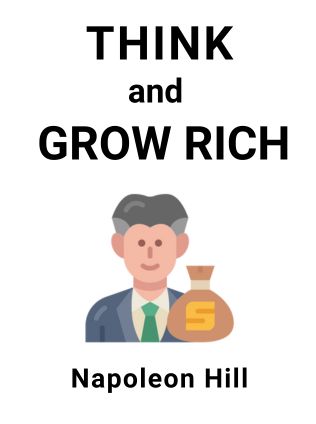
Humanocracy
Creating Organizations as Amazing as the People Inside Them
By Gary Hamel,
Published 08/2020
About the Author
Gary Hamel is a faculty member of the London Business School and a co-founder of the Management Lab. Recognized by the Wall Street Journal as the world’s most influential business thinker, his landmark books have been translated into more than twenty-five languages. Michele Zanini is also a co-founder of the Management Lab. Zanini is an alumnus of McKinsey & Company and the RAND Corporation, holding degrees from the John F. Kennedy School of Government at Harvard University and the Pardee RAND Graduate School.
Main Idea
In Humanocracy: Creating Organizations as Amazing as the People Inside Them, Gary Hamel and Michele Zanini propose a radical transformation of organizational structures. They argue that bureaucracy stifles innovation, growth, and employee well-being, creating a dispiriting and lethargic environment. By replacing bureaucracy with a human-centered approach, organizations can become more agile, innovative, and capable of adapting to constant change. The authors present a blueprint for building such organizations, emphasizing motivation, models, mindsets, and migration as key components.
Table of Contents
- The Case for Humanocracy
- Motivation for Leaving Bureaucracy Behind
- The 7 Principles of Humanocracy
- Building a Human-Centric Organization
- Case Studies and Real-World Applications
- Conclusion: The Future of Work
The Case for Humanocracy
Imagine working in an organization that truly values your contribution, gives you the leeway to problem-solve independently, and avoids power-based politics. This is the vision that Hamel and Zanini paint for their readers. Unfortunately, most organizations are bogged down by bureaucracy, which has the opposite effect on innovation and growth. The authors argue that organizations need to break free from these confines by embracing human-centric principles. This shift is not only beneficial for the organization but also for the individuals within it, allowing them to thrive and contribute meaningfully.
"The typical medium- or large-scale organization infantilizes employees, enforces dull conformity, and discourages entrepreneurship; it wedges people into narrow roles, stymies personal growth, and treats human beings as mere resources." - Gary Hamel and Michele Zanini
To truly understand the need for humanocracy, one must recognize the profound limitations of traditional bureaucratic structures. Bureaucracy, with its layers of management and rigid hierarchies, creates an environment where innovation is stifled, employees feel undervalued, and growth is hindered. Hamel and Zanini articulate the detrimental impact of bureaucracy with striking clarity.
"Organizations are stymied by sluggishness, timidity, and bureaucracy in a time when change is constant and the ability to be nimble is crucial." - Gary Hamel and Michele Zanini
The authors highlight how bureaucracy leads to a lack of agility in organizations. In a world where market conditions and technological advancements are constantly evolving, organizations that cannot adapt quickly are doomed to fail. Bureaucracy, with its emphasis on control and consistency, makes it difficult for organizations to respond effectively to these changes.
Motivation for Leaving Bureaucracy Behind
Decentralization is key to motivating team members to break free from bureaucracy. This approach provides employees with more autonomy, encouraging them to identify problems, create solutions, and implement them independently. This fosters an entrepreneurial spirit that permeates the workplace, flipping the traditional pyramid structure on its head. By empowering employees and giving them the freedom to innovate, organizations can unlock their full potential.
"This framework encourages collaborative problem solving. There is never the 'not my problem' attitude because it becomes the entire team’s problem." - Gary Hamel and Michele Zanini
Other motivational factors include:
Sign up for FREE and get access to 1,400+ books summaries.
You May Also Like
The Subtle Art of Not Giving a F*ck
A Counterintuitive Approach to Living a Good Life
By Mark MansonThe Lean Startup
How Today's Entrepreneurs Use Continuous Innovation to Create Radically Successful Businesses
By Eric RiesWho Moved My Cheese?
An Amazing Way to Deal with Change in Your Work and in Your Life
By Spencer Johnson, M.D.You Are A Badass
How to Stop Doubting Your Greatness and Start Living an Awesome Life
By Jen SinceroDaring Greatly
How the Courage to Be Vulnerable Transforms the Way We Live, Love, Parent, and Lead
By Brené Brown



















